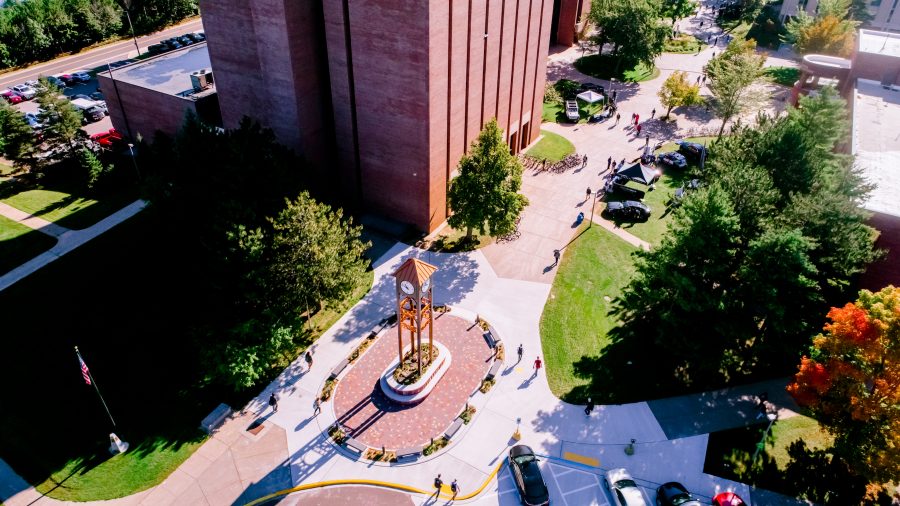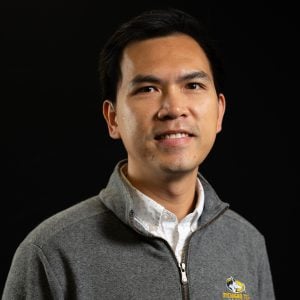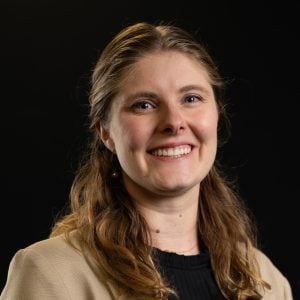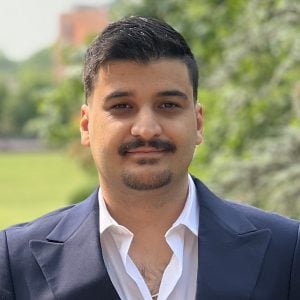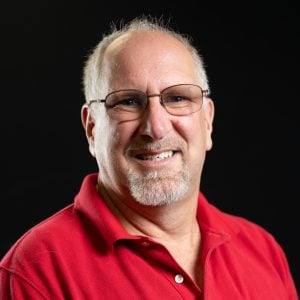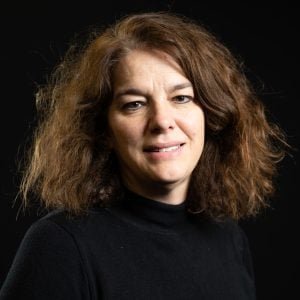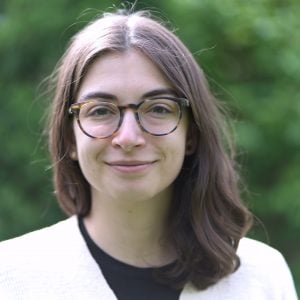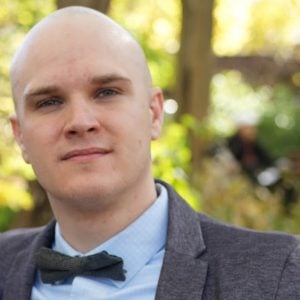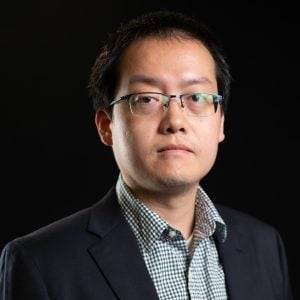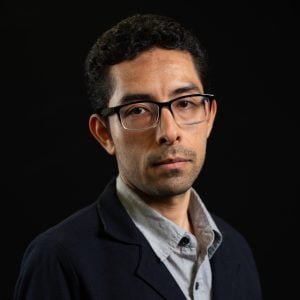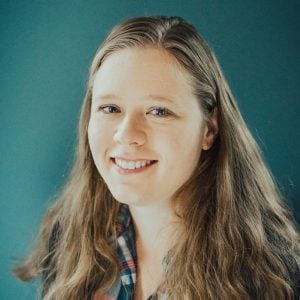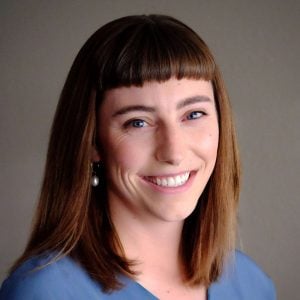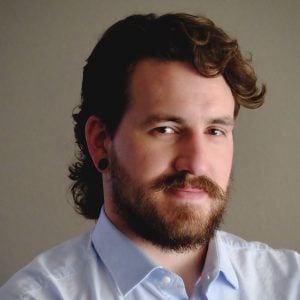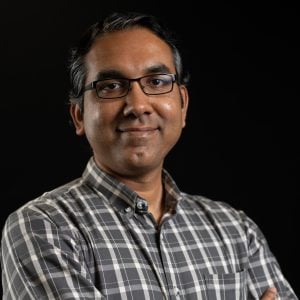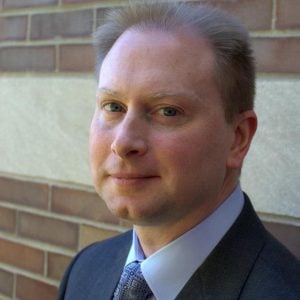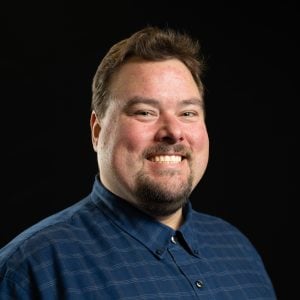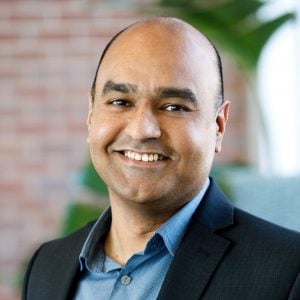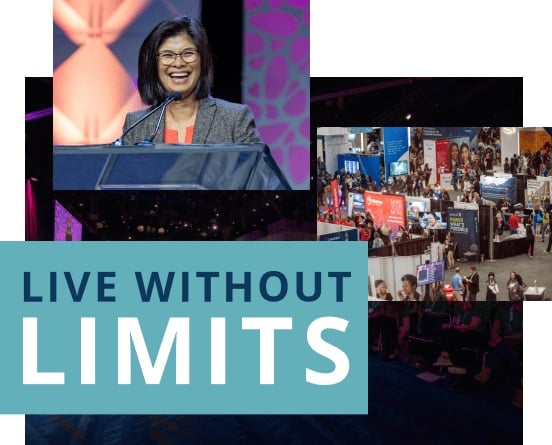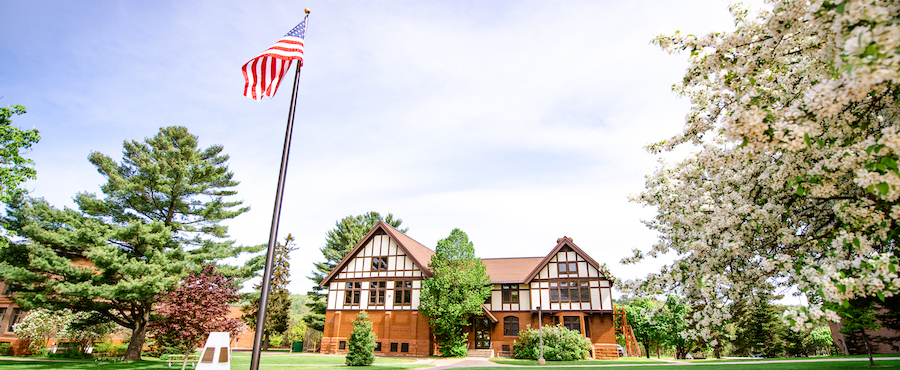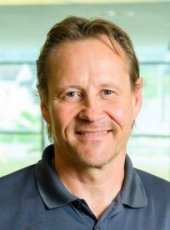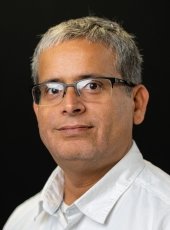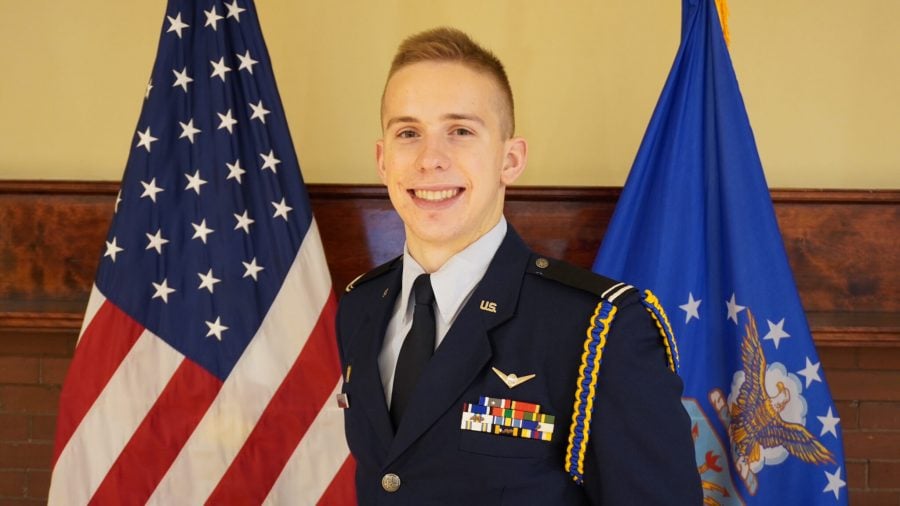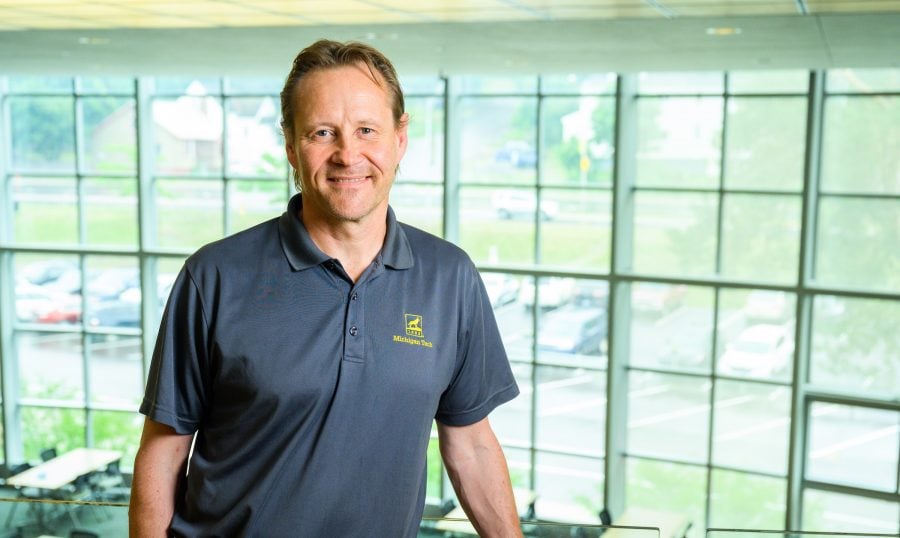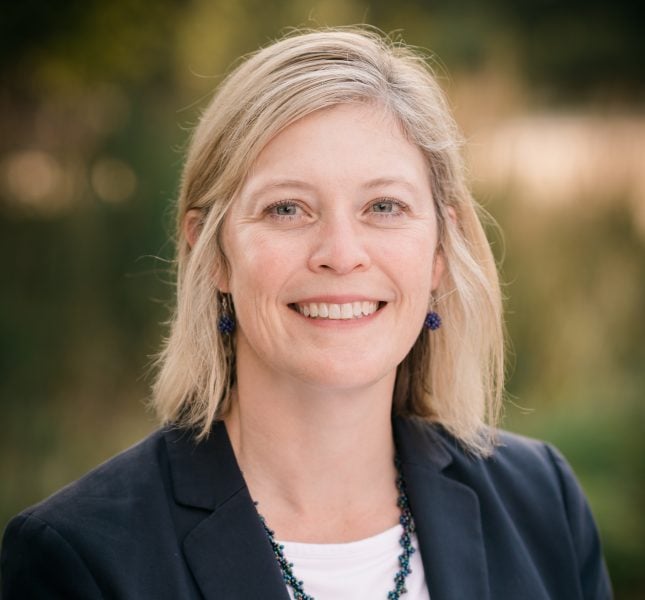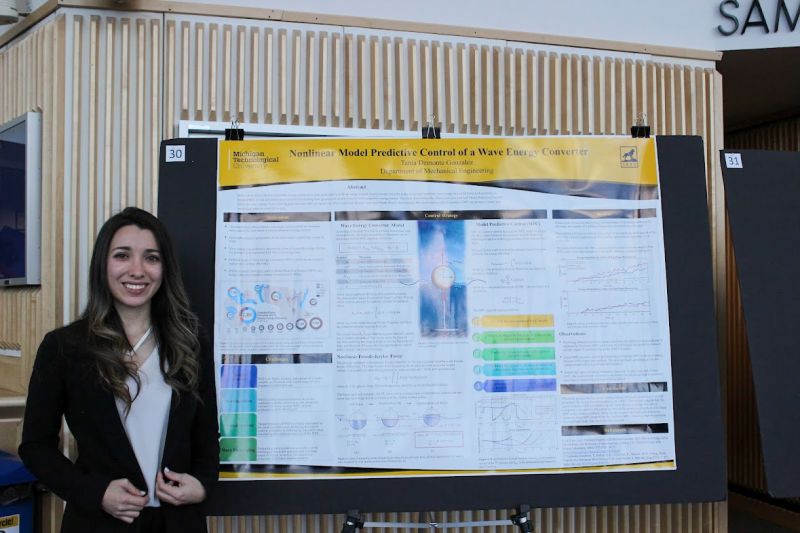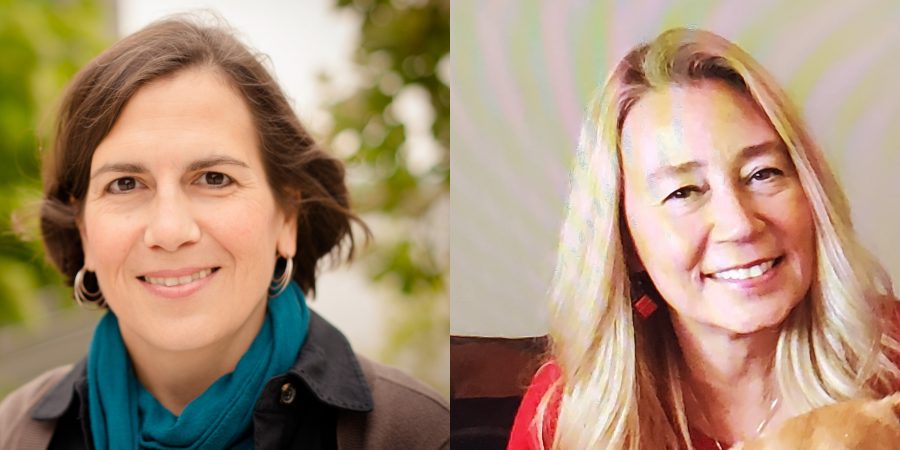
Share your thoughts and show your support for these deserving finalists. Comments for the finalists are due by March 31, 2024, and can be submitted online.
The William G. Jackson Center for Teaching and Learning (CTL) is seeking input for its annual Distinguished Teaching Awards, which recognize outstanding contributions to Michigan Tech’s instructional mission. Based on more than 35,000 student ratings of instruction responses, 10 finalists have been identified for the 2024 awards. The selection committee is soliciting comments from students, staff, faculty and alumni to be referenced during their deliberations.
Among the finalists are Associate Professor Jennifer Becker and Professor of Practice Kerri Sleeman. Both are faculty in the Department of Civil, Environmental, and Geospatial Engineering (CEGE). Their dedication to teaching and commitment to their students have set them apart as exceptional educators.
Becker is known by her students for her passion for teaching and seeks to create interactive learning environments, and her efforts to be accessible to both undergraduate and graduate students are extraordinary. One of Becker’s students echoes this, saying: “Dr. Becker’s dedication to her students’ learning is just one quality that raises the bar for professors everywhere. Her willingness to help students succeed extends beyond the classroom, where she responds to emails promptly and accommodates students’ needs by taking time out of her busy schedule to help them, even at odd hours, until they feel confident with the material. Becker also aids students by letting them know exactly what is expected from them and holds them to a high standard, which demonstrates true concern for her students’ education.” Read more at Deans’ Teaching Showcase: Jennifer Becker
“Jennifer goes above and beyond what is expected and her students really appreciate it,” says Brian Barkdoll, interim chair of the CEGE department. “She spends countless hours of her time meeting with students on theory and modeling. She is to be commended.”
Sleeman began working as a full-time faculty member this past fall in the Construction Management Program. She taught as an adjunct faculty member over the years while working at Tech as executive director of facilities management at Michigan Tech. Teaching helped her keep the larger picture of the University in focus. Another goal of Sleeman’s: to increase sustainable construction course offerings for students. Read more at New Faculty Spotlight: Kerri Sleeman.
“Kerri has accomplished something remarkable in achieving this level of teaching recognition in her very first semester teaching,” adds Barkdoll.
The process for determining the Distinguished Teaching Award recipients from among the finalists will involve additional surveying of their spring 2024 classes. The selection committee makes the final determination of the award recipients. The 2024 Distinguished Teaching Awards will be formally announced in June.
Assistant Professor/Teaching Professor/Professor of Practice finalists:
- J. W. Hammond (HU), assistant professor
- Xin Li (COB), assistant professor
- Gord Patterson (BioSci), assistant professor
- Kerri Sleeman (CEGE), professor of practice
- Paul Weiss (Army ROTC), assistant professor
Associate Professor/Professor finalists:
- Jennifer Becker (CEGE), associate professor
- Carsten Külheim (CFRES), associate professor
- Joel Neves (VPA), professor
- Jennifer Nish (HU), associate professor
- Charles Wallace (CS), associate professor
For more information, contact the CTL at ctl@mtu.edu or 906-487-3000.
